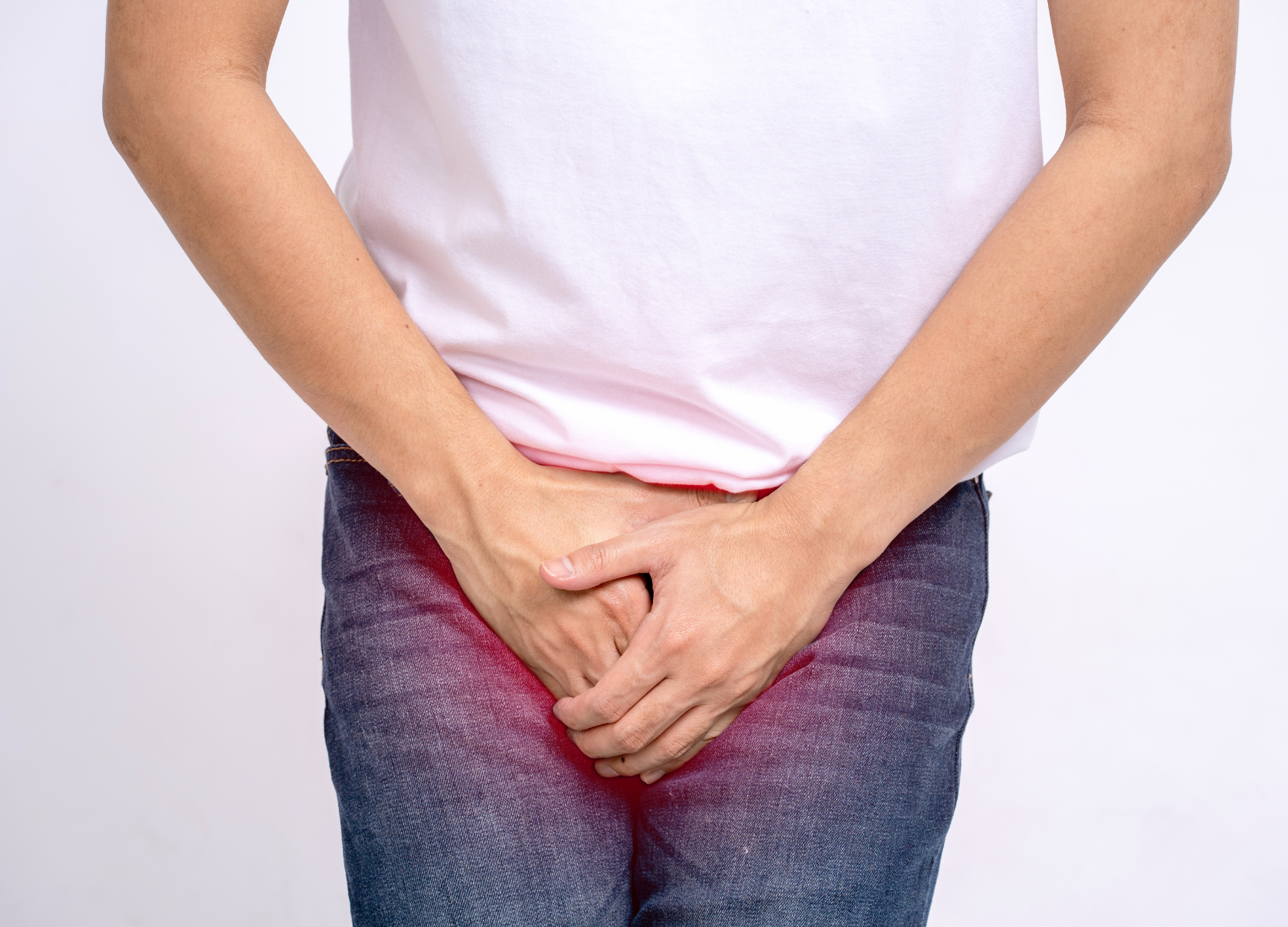Bladder stones are generally a mark of incomplete bladder emptying, therefore it is more common in men than women. Having said that, there are other reasons for the formation of bladder stones, such as foreign bodies, recurrent infection, migrating stones from the kidney and in cases of neo-bladders (artificial bladder made from bowel).
Benign prostatic hyperplasia is the most common diagnosis in patients with bladder stones. It usually happens due to long standing incomplete bladder emptying which leads to stasis of urine, crystallisation, infection and stone formation. In fact, bladder stone removal surgery (cystolithotomy) was one of the first surgical procedures performed in patients with haematuria (blood in urine).
In very rare situations, missed ureteric stents or any surgical material that have accidentally been inserted to the bladder could generate bladder stones. Bladder stones in women are very rare and could happen due to incomplete bladder emptying due to urethral stenosis of bladder atonia. Kidney stones usually pass spontaneously with urine as they migrate from the kidney to the bladder. However, in some situations they fail to pass urethrally and this will lead to the formation of bladder stones that could increase in size with time if left untreated.

